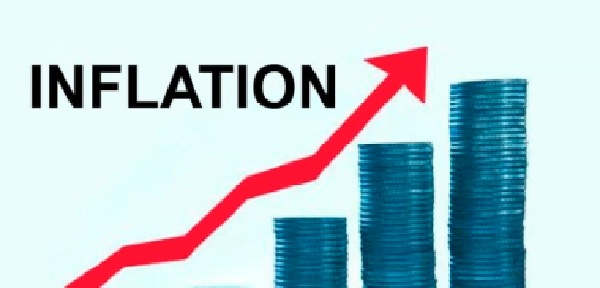THE high level of inflation in the country is changing consumer spending, according to a report. Authored by SumsureIQ, the report suggested a shift in Fast-Moving Consumer Goods (FMCG) spending and shopping pattern in Ghana, with the outcomes showing that consumers were progressively spending more of their hard-earned income on food and non-alcoholic beverages products which are basic and essential for everyday sustenance than alcoholic beverage and non-food products.
“For example, our retail audit research finds that from January 2024 to March 2024, consumers in Ghana spend about +1% points and +2% points more on food and non-alcoholic beverage respectively compared to January 2023 to March 2023.”
“This may suggest that consumers are relatively increasing their spending on food and beverage items and focusing their disposable income spending on the necessary and life important products potentially due to the impact of high levels of inflation in Ghana,” the report highlighted.
The country has been battling with high inflation since 2022, with the rate reaching a 22 year high of 54.1 per cent in December 2022.
2023, however, saw a decline in inflation, with the rate declining to 23.2 per cent in December 2023.
The rate went up slightly to 23.5 per cent in January 2024 but has since declined again to 23.2 per cent in February.
The report said although this presents some relief to many consumers, the levels are still high in recent historical terms and/or compared to other neighbouring countries.
“Additionally, it means that prices are still increasing on the average albeit, at a slower rate of 23.2% as in February 2024,” it noted.
Adaptation to cost
Experts and Analysts at SumsureIQ are of the view that, this trend reflects the average Ghanaian consumer’s adaptation to cost of living crises caused by high levels of inflation by prioritising basic, essential and life-saving food and beverage products.
Thus, hunting for bargains and value for money in their shopping trips and choices.
“Our research also finds that the main losers in the competition for consumers’ hard-earned incomes in FMCG products are in the non-food and alcoholic beverages.”
“For example, our ongoing retail audit research finds that in January 2024 to March 2024, consumers in Ghana spend about -1% points and -2% points less on liquor/alcoholic beverage and non-food respectively compared to January 2023 to March 2023 as shown in the SumsureIQ’s Brand and Performance Index.
Commenting on the report, the Founder and CEO of SumsureIQ, Dr Erasmus L Owusu, said inflation affected each individual consumer and each group of consumers’ cost of living differently.
He said, however, based on the data, it appeared that on the average, the high levels of inflation was impacting on the spending and shopping patterns of all consumers, hence their standard of living in Ghana.
Data collection
The report collects over 100,000 lines of data each month on over 70 categories and segments of Fast-Moving Consumer Goods (FMCG) in food, non-food, alcoholic and non-alcoholic beverages across all the 16 regions and 10 channels/store-types in the country.
A release by the company said “this amount of data shows that it had the complete view of the retail market structure and consumer behaviour in the country”.
